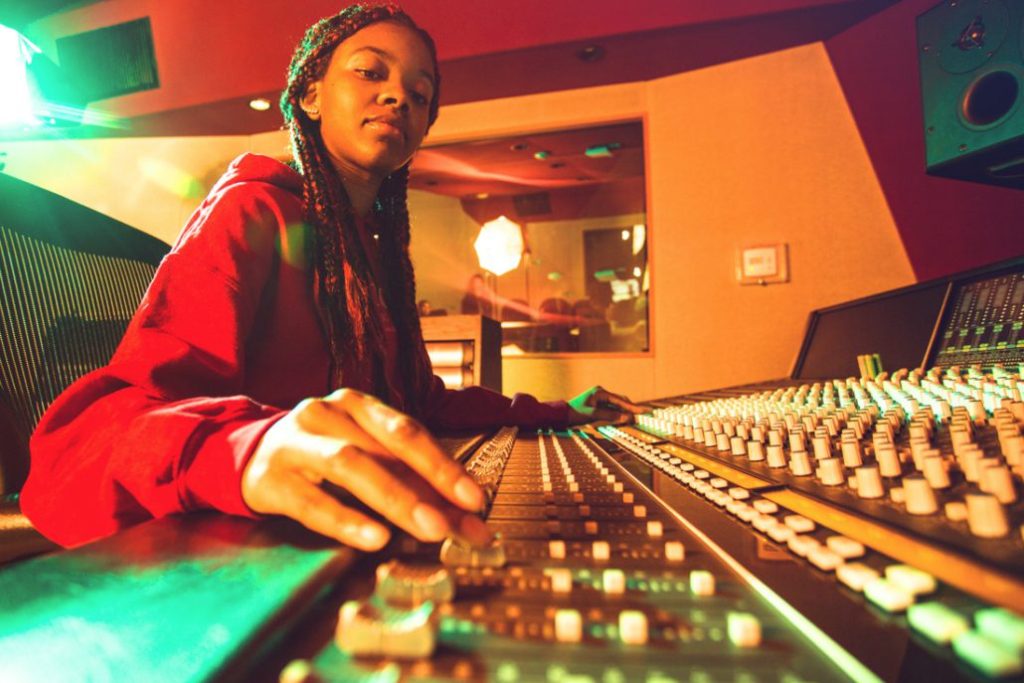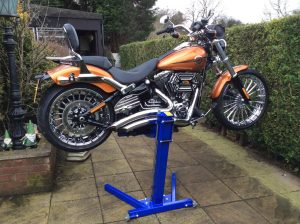Building the perfect music production PC requires a thoughtful balance of performance, reliability, and compatibility with professional studio components and tools. Music production is a resource-intensive task, demanding a system that can handle multitrack recording, real-time effects processing, virtual instruments, and audio rendering without lag or crashes. To create a seamless workflow and minimize distractions, every component of the PC from the CPU to peripherals must be chosen with precision and purpose. At the heart of any high-performance music production setup lies a powerful processor. A multi-core CPU, preferably with high single-core performance, is essential for handling the demands of digital audio workstations DAWs and plugin-heavy projects. A modern Intel i7 or i9, or AMD Ryzen 9 processor, with at least 8 to 12 cores, provides the processing power needed for multitasking across plugins, virtual synths, and large sample libraries.
Memory also plays a vital role. A minimum of 32GB of RAM is ideal for professional-grade work, especially when working with orchestral libraries or numerous VST instruments. This allows for smooth transitions and uninterrupted sessions, even when multiple high-quality plugins are active simultaneously. Paired with high-speed DDR4 or DDR5 memory, the system becomes more responsive, significantly reducing the risk of audio dropouts or lag during playback and recording. Storage solutions should include a combination of fast SSDs and large-capacity hard drives. A high-speed NVMe SSD for the operating system and DAW software ensures quick boot times and responsive application launches. Additional SSDs or HDDs can be used for storing audio files, samples, and projects. For producers dealing with hundreds of gigabytes of samples and high-resolution audio files, having tiered storage such as a 2TB NVMe drive for active work and a 4TB SATA SSD or HDD for archiving is practical and efficient. The motherboard must support the chosen CPU and offer robust connectivity options, including multiple USB ports, Thunderbolt if needed, and high-speed PCIe lanes for expansion cards.
An all-in-one liquid cooler or a high-end air cooler, combined with a sound-dampened case, helps keep noise levels to a minimum essential in a studio environment where ambient noise can interfere with monitoring. Audio interfaces are the gateway between the computer and studio gear. A professional-grade audio interface with low-latency drivers, balanced inputs and outputs, and support for high sample rates is a must. Brands that offer dedicated drivers optimized for audio production should be prioritized. Similarly, Digital audio workstation monitors and headphones should be chosen for their flat frequency response and accurate sound reproduction to ensure proper mixing and mastering. Finally, a reliable power supply unit with clean and stable power delivery is crucial to protect sensitive components and prevent system instability. An uninterruptible power supply UPS adds an extra layer of protection during unexpected outages. With these carefully selected components and tools, a music production PC can become the foundation of a professional-grade studio, delivering the performance, flexibility, and longevity required for serious creative work.






